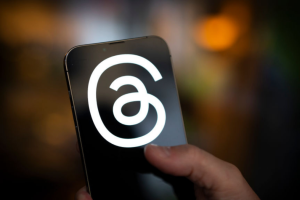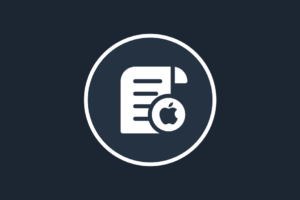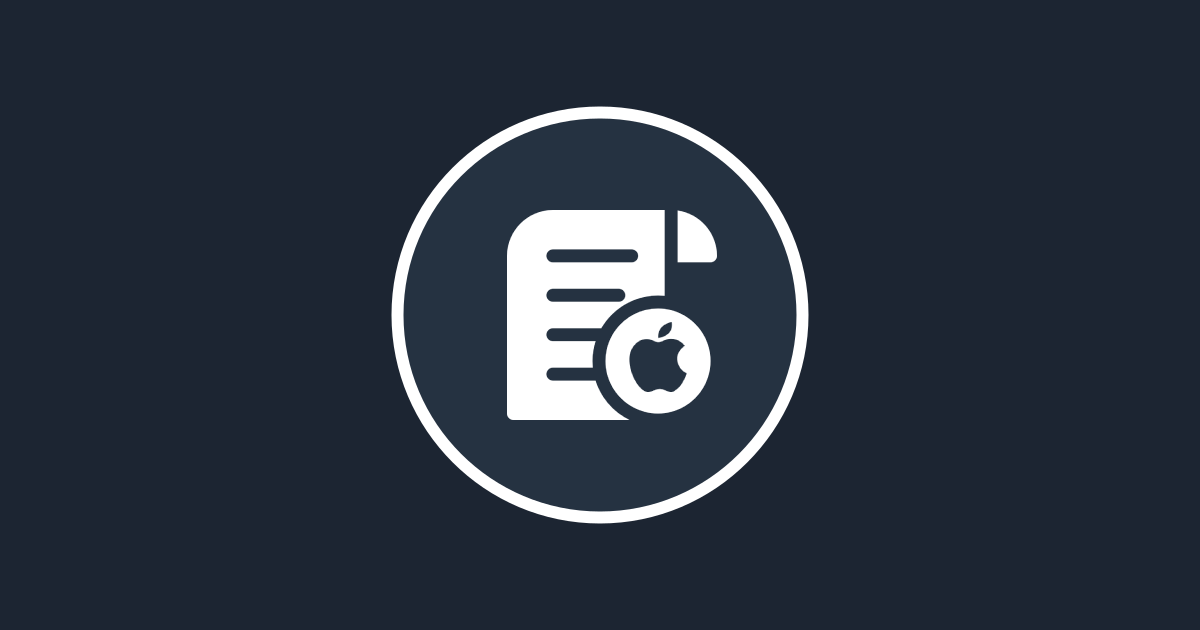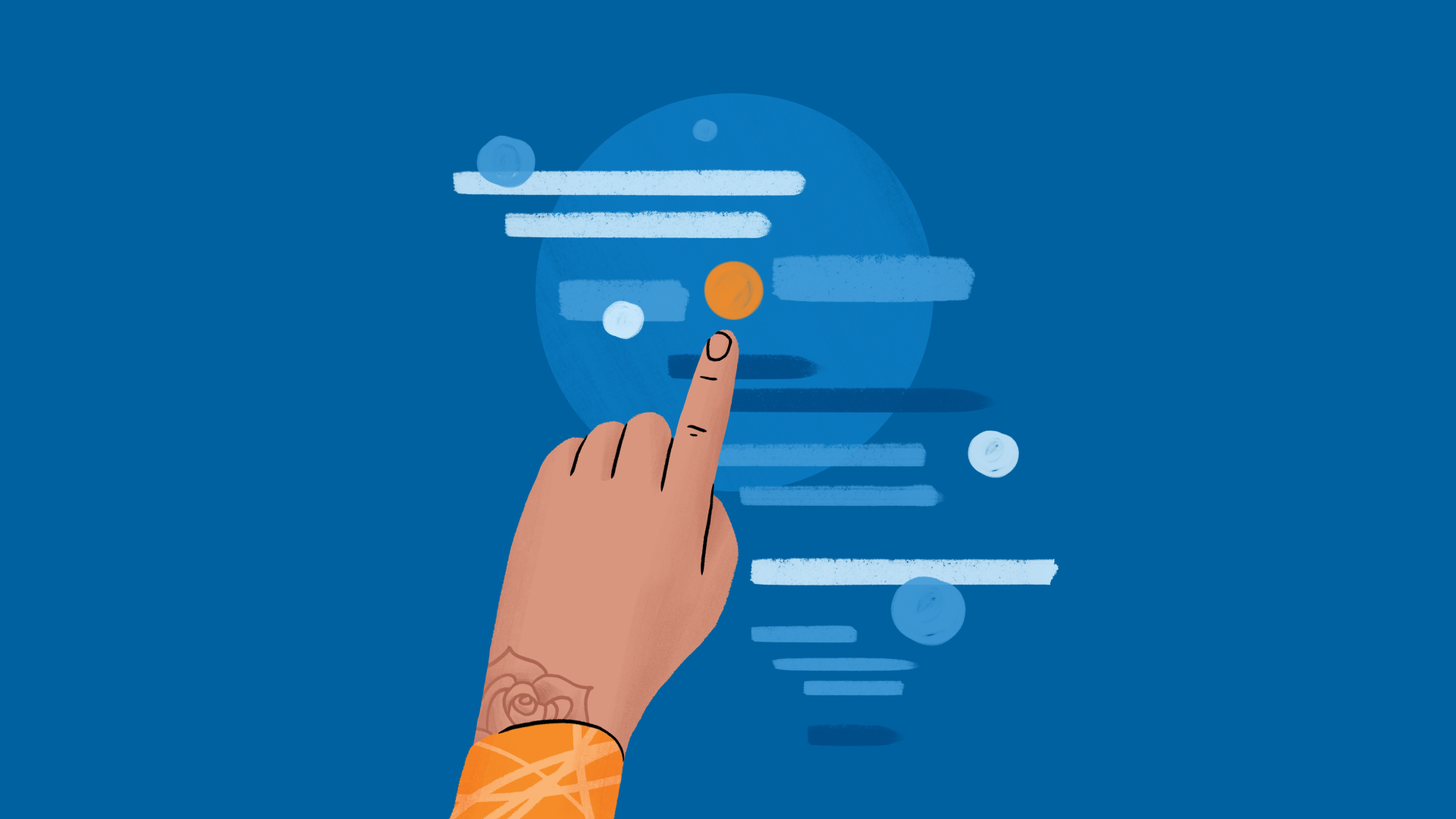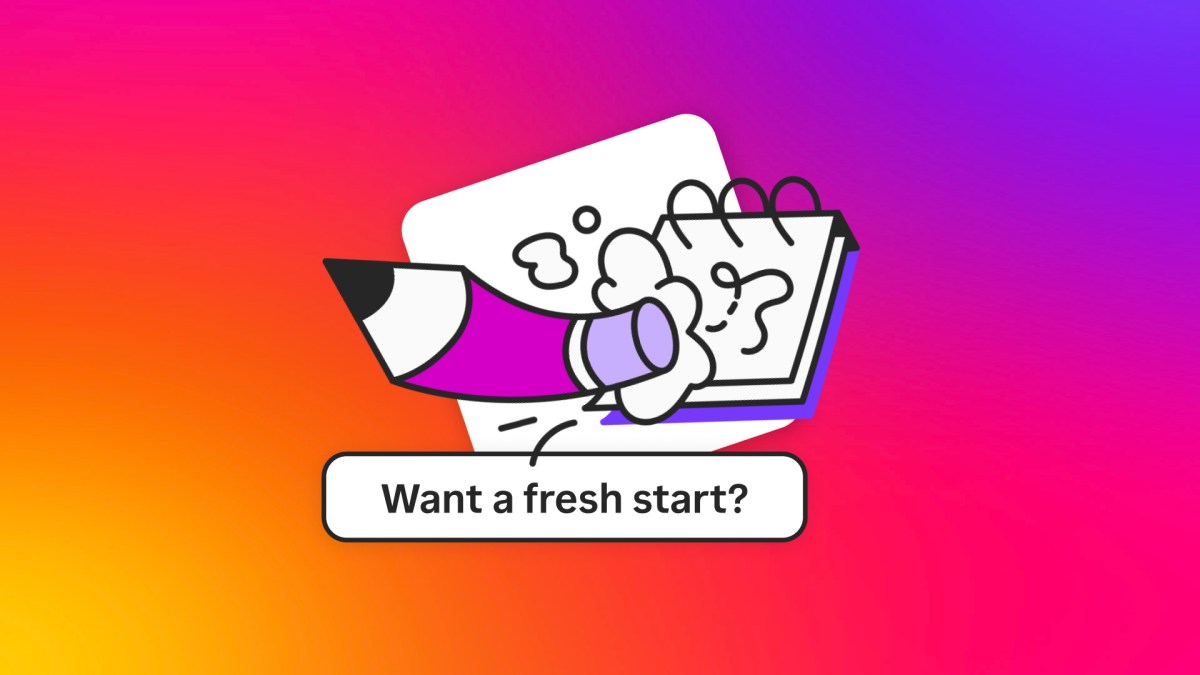2023 was a busy year for privacy, and it’s become even more critical to build scalable privacy practices. With that in mind, we’ve invested $5.5 billion in our privacy program since 2019, and have grown the teams focused on privacy to more than 3,000 people. In honor of Data Privacy Day, we’re looking at some areas that have benefited from this investment.
Sharing Our Privacy Progress
We’ve refreshed our Privacy Progress Update, which highlights the work we’ve done to honor people’s privacy. This includes updating elements of our privacy program like our regulatory readiness process, continuing to strengthen our governance and compliance functions, and leveraging our core technology expertise to address privacy at scale.
One example of this work is privacy-aware infrastructure (PAI), which enables engineers to more easily address privacy requirements as they build products. PAI will increasingly allow us to automate and embed best-in-class privacy practices, reduce our reliance on manual processes and make it easier to explain and verify how we use data.
Another example is our Privacy Review process, which now reviews an average of 1,200 products, features and data practices per month across the company before they launch to assess and mitigate privacy risks.
Building Privacy-First Products
We launched default end-to-end encryption for personal messages and calls on Messenger and Facebook. Engineers, cryptographers, designers, policy experts and product managers worked tirelessly to rebuild Messenger from the ground up, and introduced new privacy, safety and control features along the way. The content of your messages and calls in an end-to-end encrypted conversation is protected from the moment it leaves your device to the moment it reaches the receiver’s device. Nobody during this delivery, including Meta, can see or listen to what’s sent or said in your calls or messages.
Another important area of investment relates to ads transparency. When you see an ad, we want you to understand why. That’s why we rolled out an updated version of Why Am I Seeing This Ad for Facebook and Instagram Feed. This provides more transparency about how your activity – both on and off our platforms – may inform the machine learning models we use to shape and deliver ads. We’ve also redesigned Ad Preferences, so people can more easily manage the ads they see.
Our privacy investments were also critical as we developed next-gen hardware products like Quest 3 and Ray-Ban Meta Smart Glasses, the latter of which launched with an LED light that prevents the start of a recording session when covered. They were equally important as we launched Llama 2 – our open source large language model – with people’s privacy expectations in mind. And they were core to the launch of Threads, built from day one under the guidance of our increasingly efficient privacy program.
Developing Educational Tools
Over the years, we’ve rolled out a number of educational tools to give people more clarity into how their data is used and their options to manage it. Privacy Center, which first launched in 2022, now has 11 modules, with recent ones focusing on hot topics like generative AI. And like prior years, we’ll acknowledge Data Privacy Day by encouraging people on Facebook to take a Privacy Checkup and review important privacy and security settings.
This $5.5 billion investment, while significant, is just the beginning. Meta is a different company than it was four years ago. As the company continues to evolve, we’ll continue to address hard questions about how to do privacy right. Both now and in the future, we’ll remain committed to working with experts, policymakers and regulators to strengthen our practices and design and improve our products responsibly.

